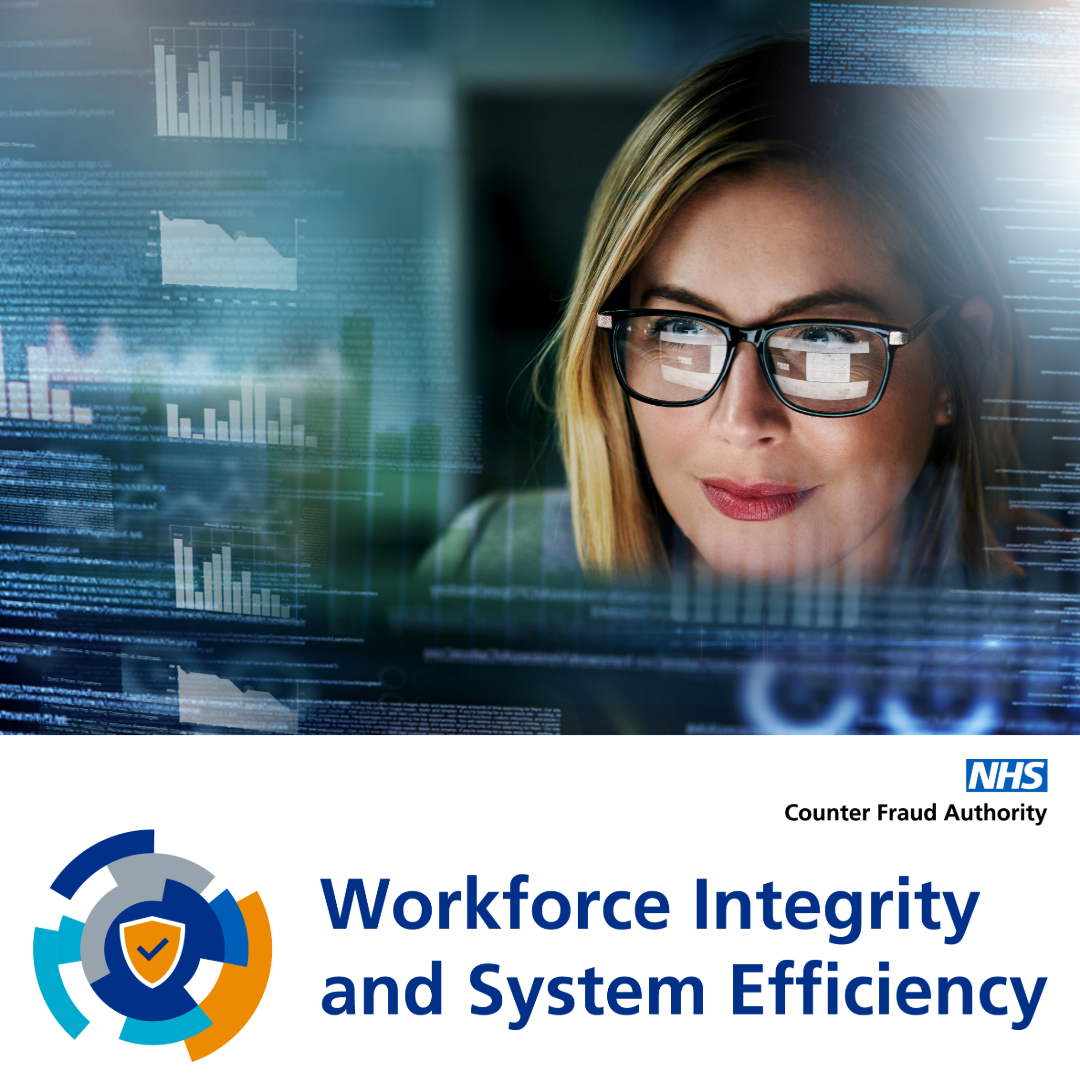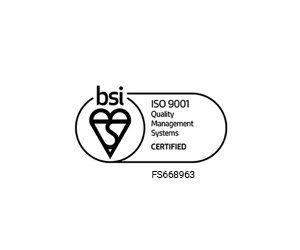Spotlight on 'working whilst sick' fraud
July 27, 2023
53% of all fraud reports made directly to the NHS Counter Fraud Authority (NHS CFA) in 2022-23 related to NHS staff fraud . The NHS CFA estimate that £22.5m of public money is vulnerable to fraud as a result.
One particular type of NHS staff fraud that continues to persist is known as ‘working whilst sick’ fraud. This is where an employee is absent from their NHS position due to illness but starts working, or continues to work, for another employer.
This type of fraud is not confined to the NHS, businesses across many different sectors will fall victim and suffer financial losses and associated costs as a result.
The Impact of ‘working whilst sick’ fraud
- Increased staffing costs from covering the absence with temporary staff and/or overtime.
- Staff absence can increase pressure on existing team members as temporary replacement staff may be less experienced and/or qualified.
- Absence can be prolonged because the employee is obtaining a financial advantage from their actions.
- The resulting disciplinary, professional conduct, and/or criminal proceedings can be time consuming and expensive and may result in additional costs associated with recruiting and training replacement staff.
Preventing ‘working whilst sick’ fraud
There are a number of actions that organisations/businesses can take to prevent ‘working whilst sick’ fraud, these include:
- Having policies and procedures that clearly define and communicate to all staff their responsibilities in relation to secondary employment, i.e., are they allowed to undertake secondary employment and in what circumstances? TIP: this could be included as a standard clause in employment contracts.
- Having policies and procedures that clearly define and communicate to all staff their responsibilities for declaring potential conflicts of interest, such as secondary employment or business interests. TIP: A digital reporting tool makes the process of recording and managing conflicts of interest more efficient.
- If staff have declared secondary employment and they are subsequently absent from their primary role, remind them in writing of their responsibilities as defined in their contract and/or company policy. TIP: this can help to reduce investigations into staff who work elsewhere because they didn’t know their responsibilities; it can also deter staff who may have thought nobody will know if they keep working for another employer whilst absent from their primary role.
- Add a declaration to employee return to work forms, requiring them to declare whether or not they’ve done any other work during their absence. TIP: clearly define what work is, does it include paid, unpaid, voluntary, self-employed work?
- Clearly define the consequences of failing to adhere to relevant company policy on secondary employment. TIP: Clearly communicating that it's a disciplinary offence and that your organisation will seek to recover any overpaid sick pay may act as a deterrent to staff.
At SAFE, our team of experienced, professionally qualified counter fraud specialists can help your business to mitigate the financial risks associated with ‘working whilst sick’ fraud.
Share this news story...

Section 199 of the Economic Crime and Corporate Transparency Act 2023 (ECCTA) introduced a new corporate offence that significantly raises the bar on fraud risk management. Large organisations can now be criminally liable if an employee, agent, or other associated person commits fraud for the organisation’s benefit—and the organisation did not have reasonable fraud prevention procedures in place. This is a strict liability offence. Prosecutors do not need to prove senior management knowledge or intent. If fraud occurs and the organisation cannot demonstrate an adequate prevention framework, liability follows. The only defence: reasonable procedures The sole statutory defence is that the organisation had reasonable procedures in place to prevent fraud, or that it was reasonable not to have such procedures. In practice, regulators have made clear that “reasonable” will be interpreted robustly. Organisations should be acting now to: Conduct a documented fraud risk assessment covering business models, revenue streams, incentive structures, third-party exposure, and jurisdictional risk. Design proportionate prevention controls aligned to identified risks, including financial controls, approval thresholds, segregation of duties, and oversight of agents and intermediaries. Set the tone from the top , with clear board ownership, senior accountability, and demonstrable commitment to fraud prevention. Implement targeted training and communications so employees and associated persons understand fraud risks, red flags, and reporting routes. Maintain monitoring, reporting, and review mechanisms , including whistleblowing channels, audits, and periodic reassessment as the business evolves. Evidence everything . Policies without implementation, or controls without records, will not support a defence.

Thank you to everyone who attended one of our fraud prevention webinars in 2025. For those who missed them, you can now watch all the recordings at your convenience on the SAFE YouTube channel. Whether you want to find out more about the drivers of fraud, or explore strategies for preventing emerging threats such as dual employment and imposter fraud, we've got a webinar for you. All the links you need are below, and we've included links to additional resources available elsewhere on the SAFE website.

SAFE – Security and Fraud Experts and Dorset HealthCare University NHS Foundation Trust are proud to be part of Project WISE (Workforce Integrity and System Efficiency), a proactive initiative using data and advanced analytics to strengthen fraud detection across the NHS. The NHSCFA estimates that £1.346 billion of NHS funding is vulnerable to loss through fraud, bribery and corruption in England. With fraud posing a significant risk to NHS resources each year, we’ve joined forces with the NHS Counter Fraud Authority and four other NHS organisations across the South East and South West to pilot this first-of-its-kind initiative. The pilot is helping to identify emerging fraud risks and patterns, turning complex data into actionable intelligence that supports local and regional counter fraud teams.



